CAMP RAMADI, Iraq (Army News Service, March 8, 2010) -- In the truck was the self-described "last John Denver fan," a mountaineering Frenchman working for the United Nations Assistance Mission for Iraq as a polling center monitor, his colleague from Yemen who normally works with displaced persons, a 36-year veteran rifleman of the Fijian army, his United Nations security colleague, Rob, from Nashville, and five paratroopers from across the United States.
Were one of the Iraqi soldiers or policemen providing security for the March 7 elections to make just one deduction based on the group sitting in the Mine-Resistant, Ambush-Protected vehicle that belonged to 1st Brigade, 82nd Airborne Division (Advise and Assist), he might say the world cared that Iraqis had a say in their future.
The Fijian, Sikeli Roko Kirisitiana, had been in Iraq during the provincial elections in 2009. He said of the Iraqi army and police, who provided 100 percent of the security this time around, "they are quite good now."
Reports from the Anbar Operations Command backed up his claim. In the previous 30 hours, Iraqi Security Forces had discovered and dismantled more than 20 improvised explosive devices. Eight additional IEDs had exploded, and two suspected mortar attacks had occurred with regrettably one casualty -- a vastly different number from previous elections.
At the al-Schmookh School polling center outside Ramadi, an international team of monitors and media piled out of MRAPs to see for themselves how the voting was progressing -- a linguist from Babylon accompanied Baghdad reporter Jane Arraf with the Christian Science Monitor, New York Times reporter Marc Santora, Yemeni UNAMI official Emad Abdulmagid and the rest of his multinational team. They left their paratrooper escort 200 meters from the door, the legal limit according to Iraqi law, and fell up under the protection of the ISF.
It was mid-morning, and voters streamed into the polling center in family-sized groups. When the monitors returned to the U.S. armored vehicles, they expressed satisfaction with the organization and execution of election security.
"It went very well," said Abdulmagid. "It seems like everyone knows everyone here, like it is one big family."
The polling center staff was following election rules to the letter; voter turnout seemed good; all seven polling stations inside the center were continually in use. But how good is good' In 2005, voter turnout in Anbar was 2.5 percent. When the polls closed this Election Day, turnout was predicted to be around 60 percent.
Next stop for the monitors: Najaf, via helicopter.
On his second deployment to Al Anbar province in three years, Sgt. Larry Edwards communicated over the intercom with his "L-T," 1st Lt. Jesse Burnette of Company B, 2nd Battalion, 504th Parachute Infantry Regiment, as the convoy of MRAPs left al-Schmookh School for the Black Hawk helicopters awaiting the UNAMI election officials at Camp Ramadi.
Beyond escorting UN observers, U.S. forces stood ready to provide assistance should their Iraqi partners have asked for it.
Edwards and his men had been up since 5 a.m., on this historic day for Iraq and the world. The mix of international interests in this one convoy alone was proof of just how historic, and it was only one convoy traveling to one polling center. There were more than 8,600 polling centers throughout Iraq.
The day had been the focal point for the brigade of advise-and-assist paratroopers since their deployment to Anbar six months prior, but for the 38-year-old sergeant and his Soldiers, in very important ways, the mission was the same as the previous 115 missions had been in the last 180 days.
"We treat every mission the same," he said. As paratroopers in the 82nd Airborne Division, there was a standard to meet, and that's what they did, he said.
Was he surprised at the effectiveness of the ISF to thwart violence in Al Anbar this time around'
"Since my last deployment, there has been a complete change in the professionalism of IP and IA," he said.
Having deployed with IA units at a number of small bases in eastern Anbar this past fall, Edwards and his fellow paratroopers often watched Iraqi army "jundi" and their officers rise early to conduct daily physical training and practice drill and ceremony.
"I think they're really proud of what they do," he said.
Edwards did not expect the Iraqis to call his unit for assistance.
(Sgt. Michael J. MacLeod writes for the 1/82 AAB, USD-C)
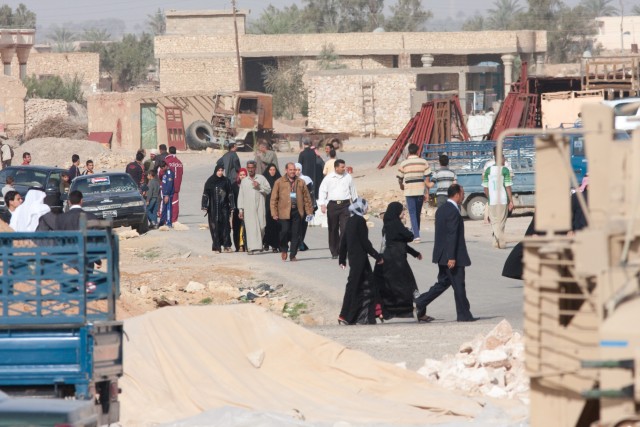
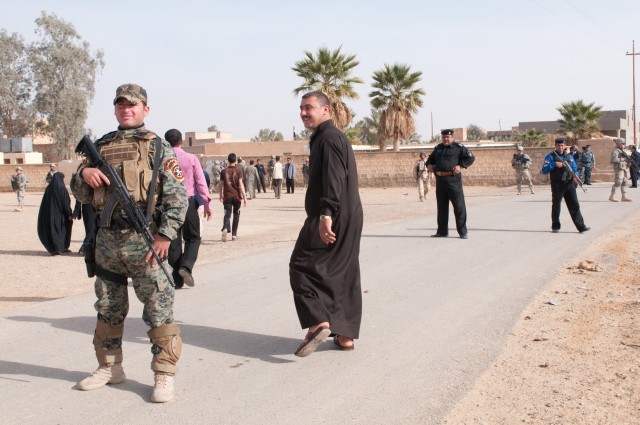
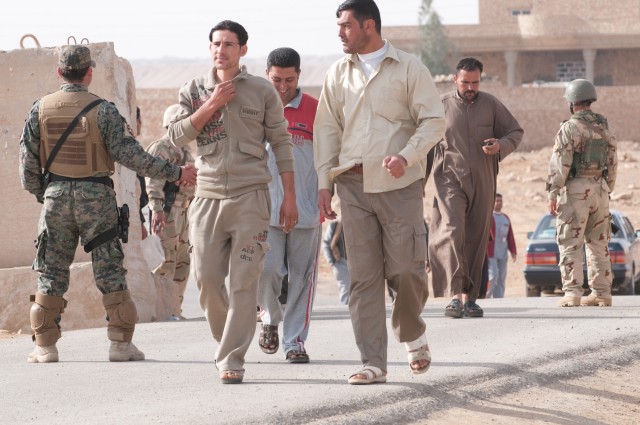
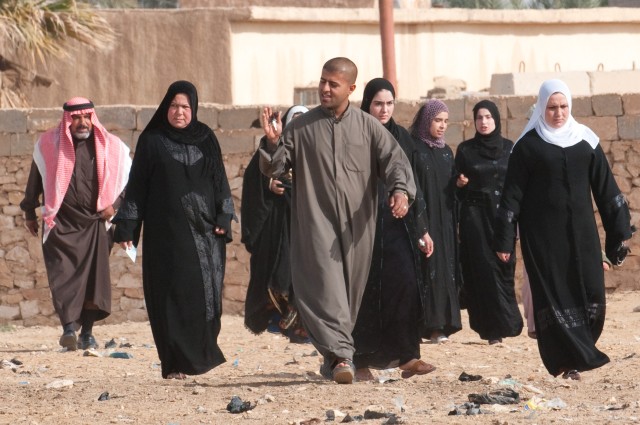
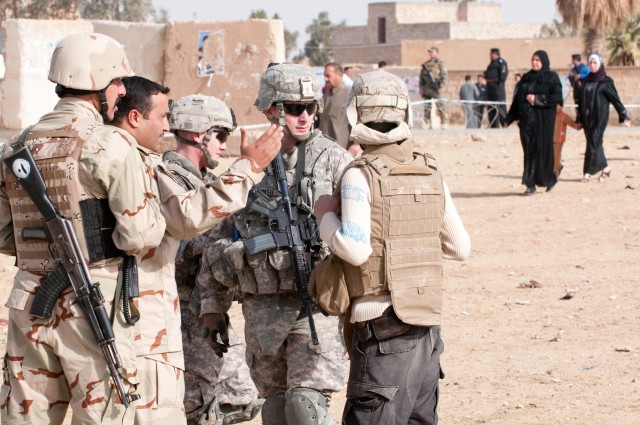
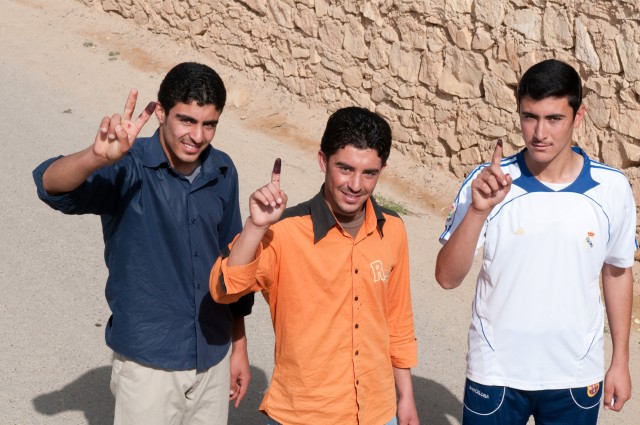






Social Sharing